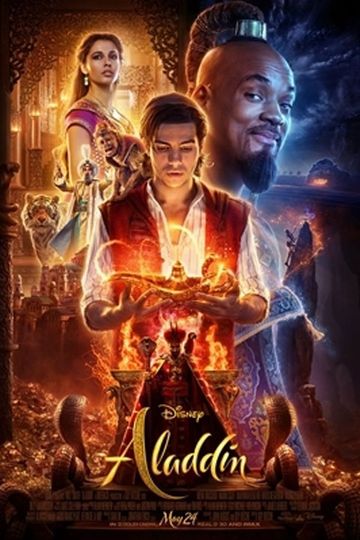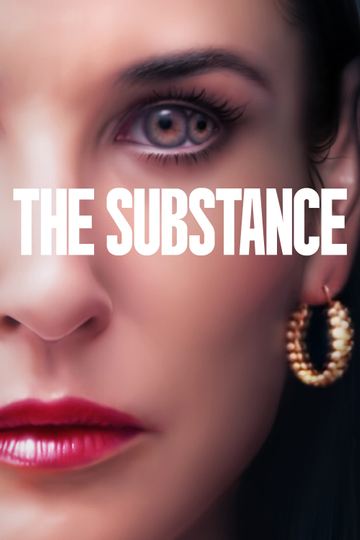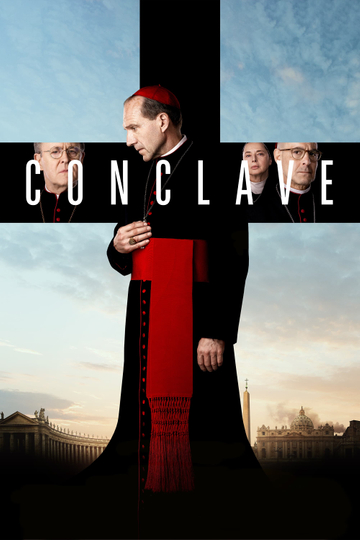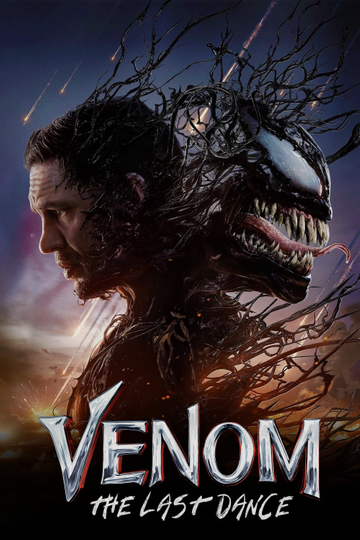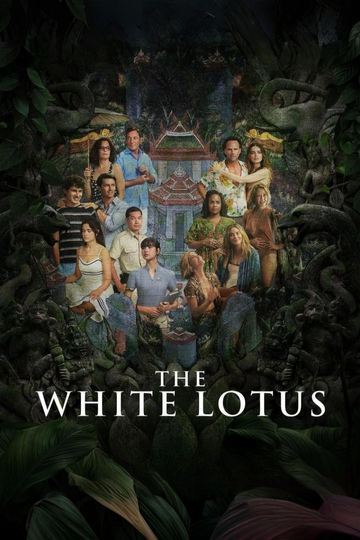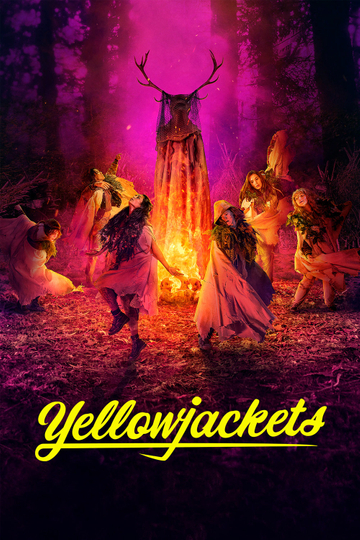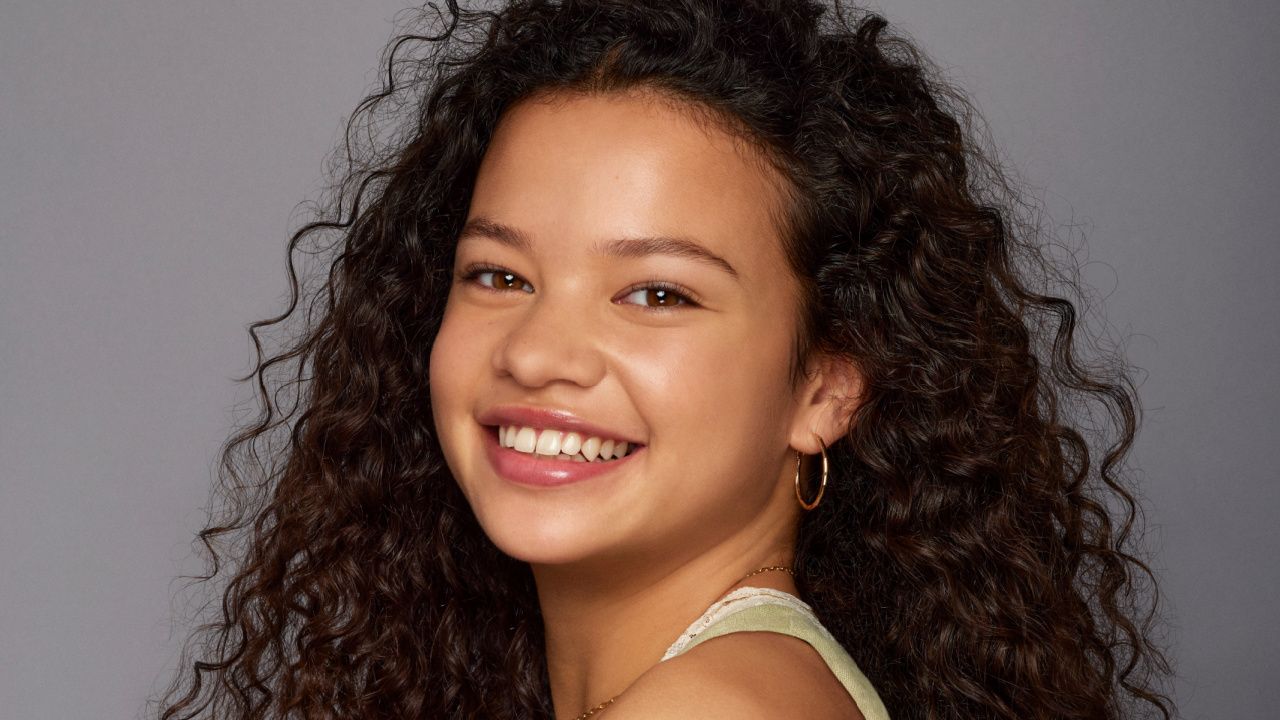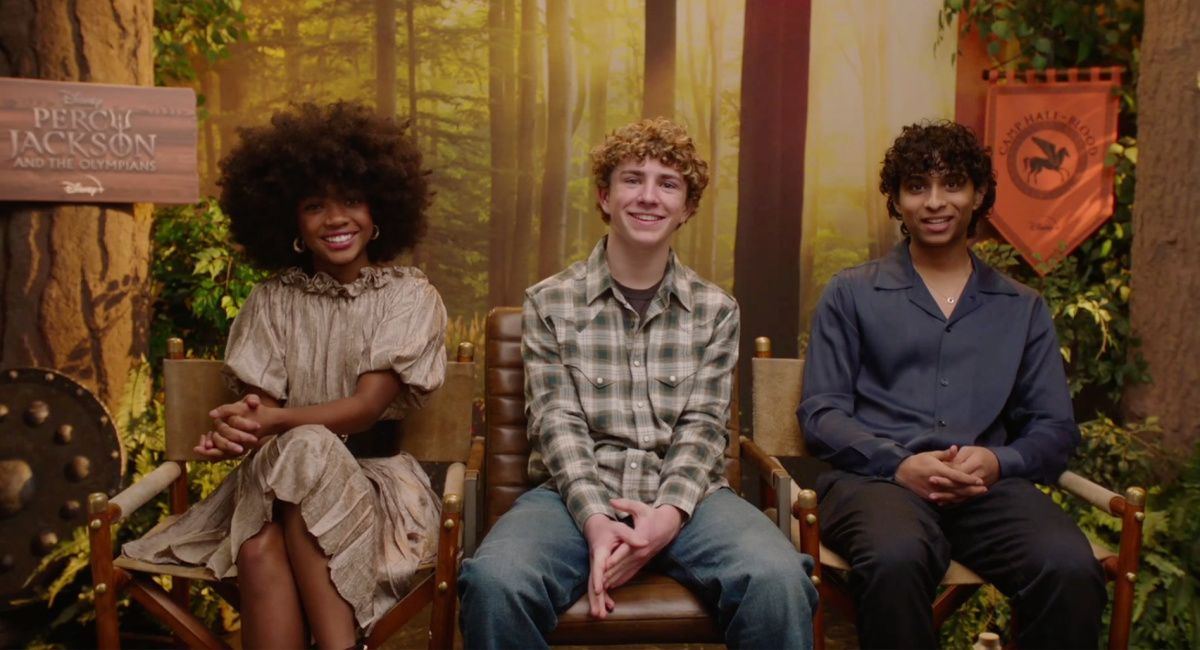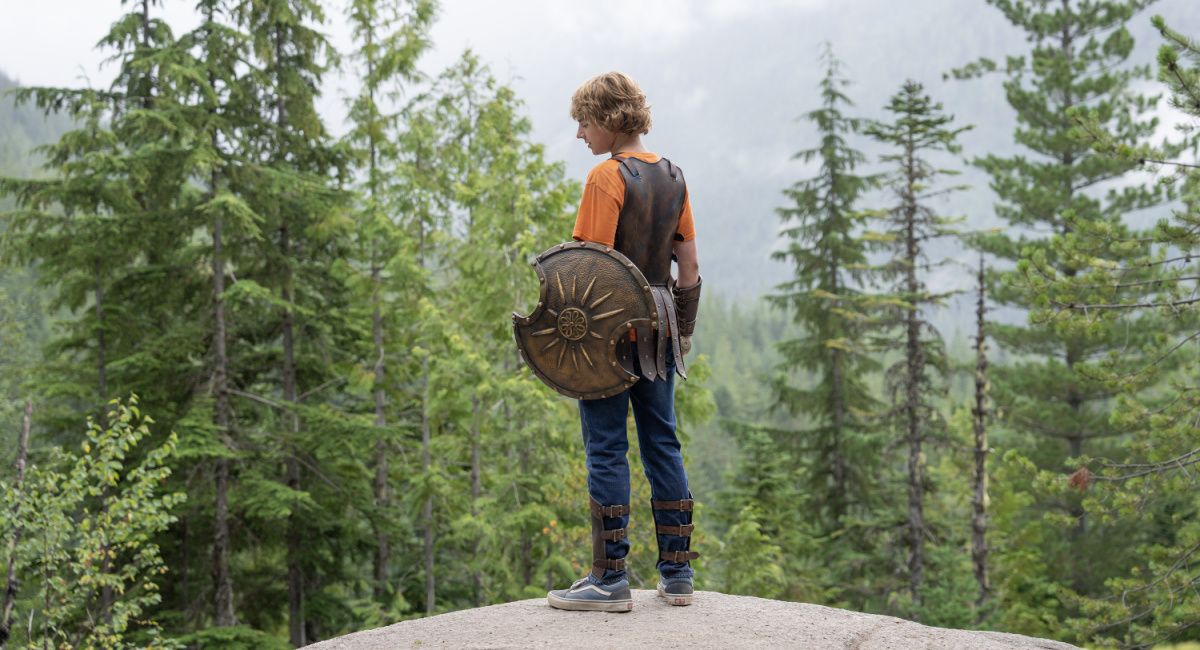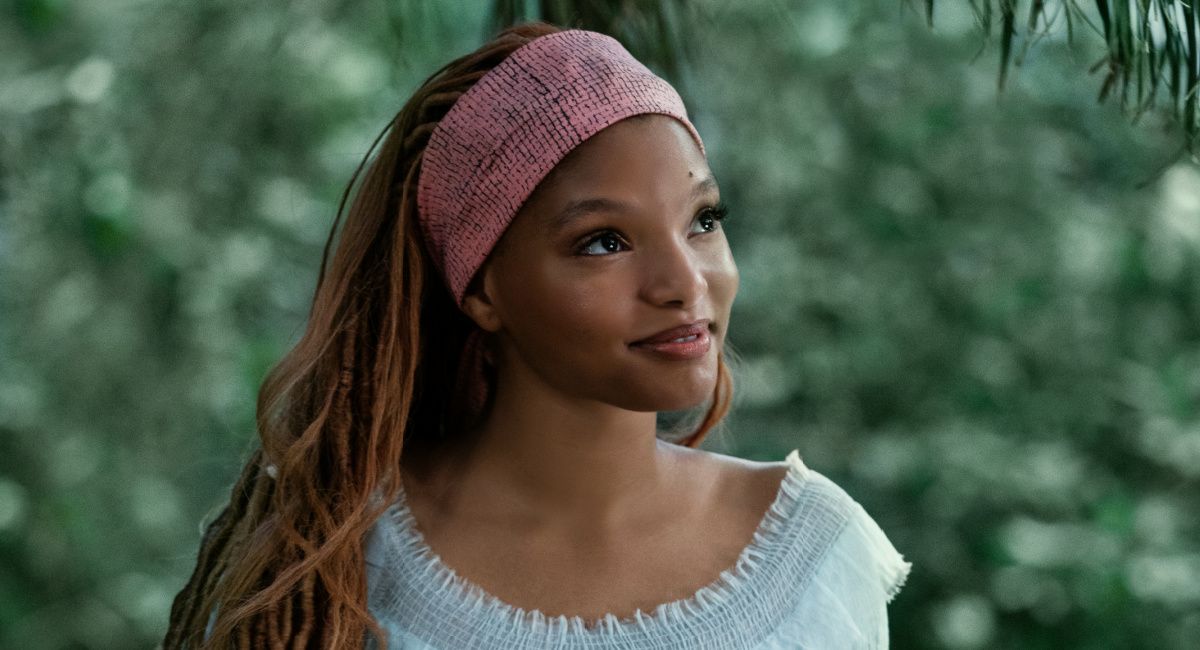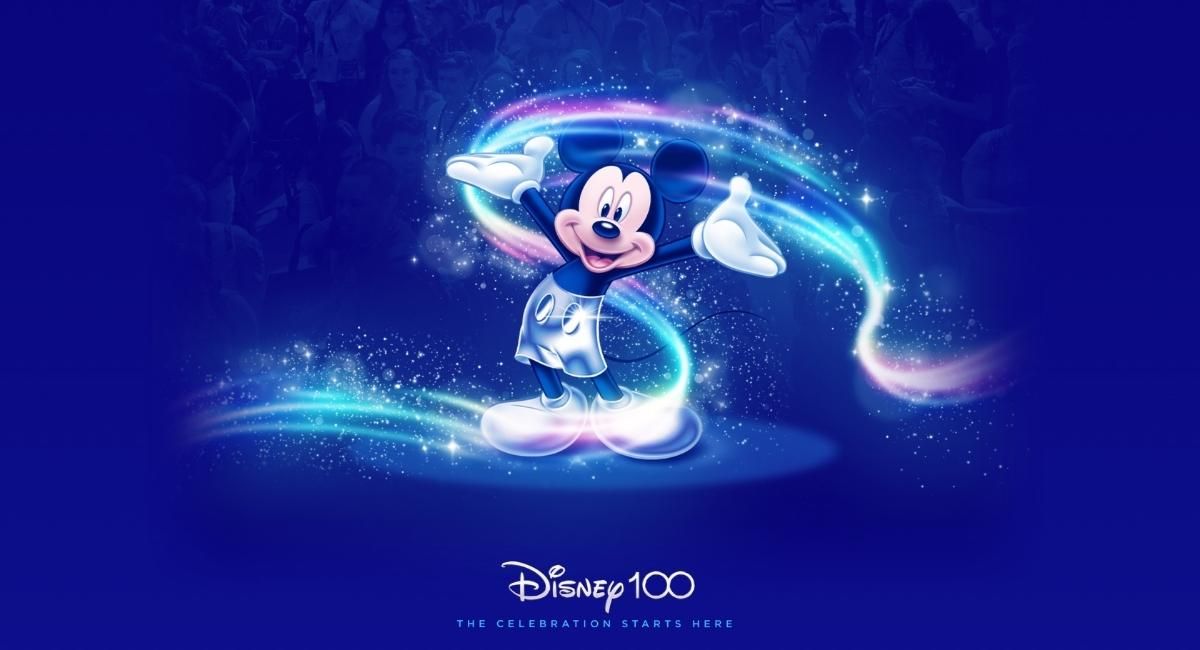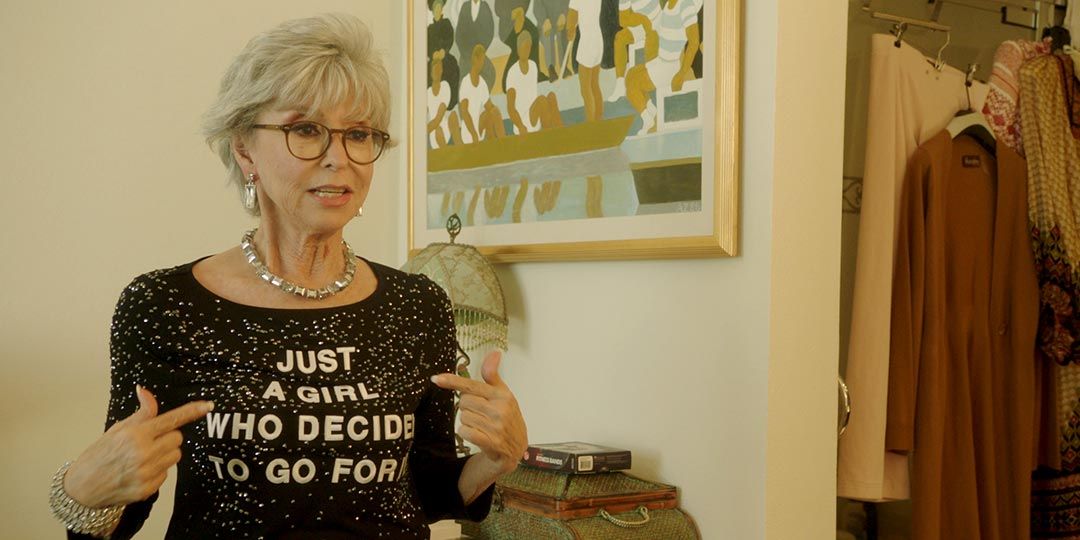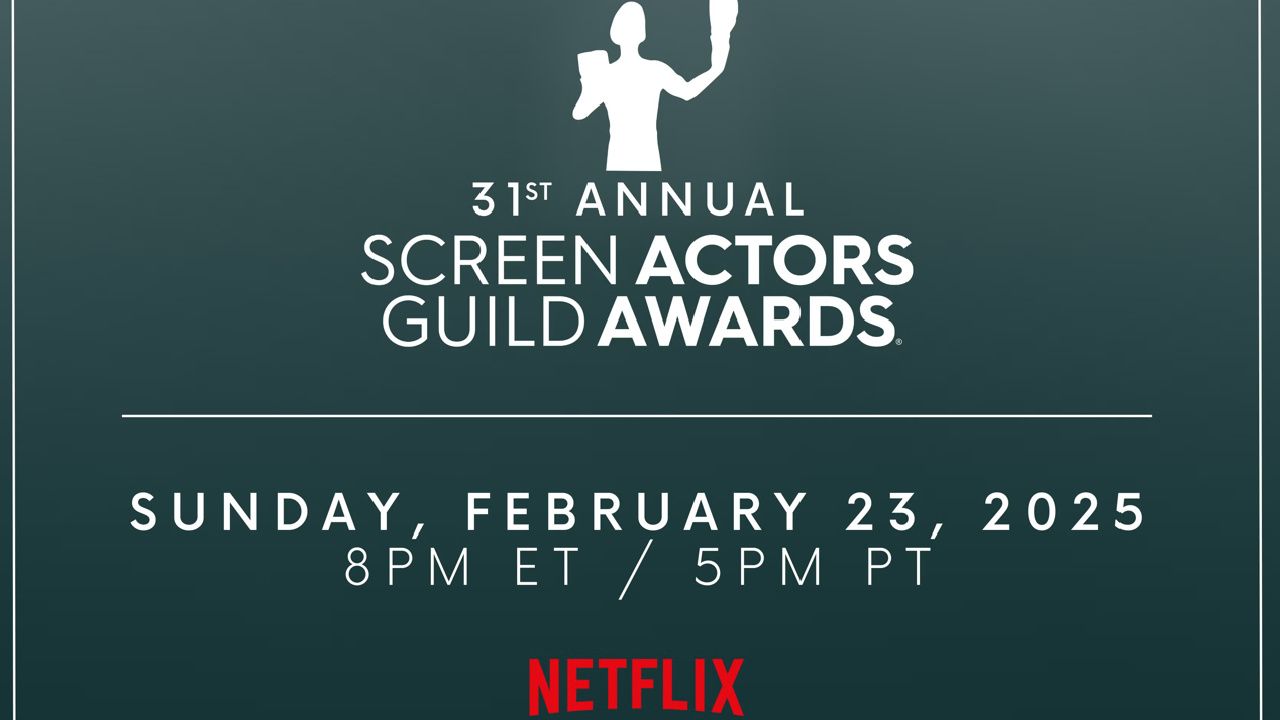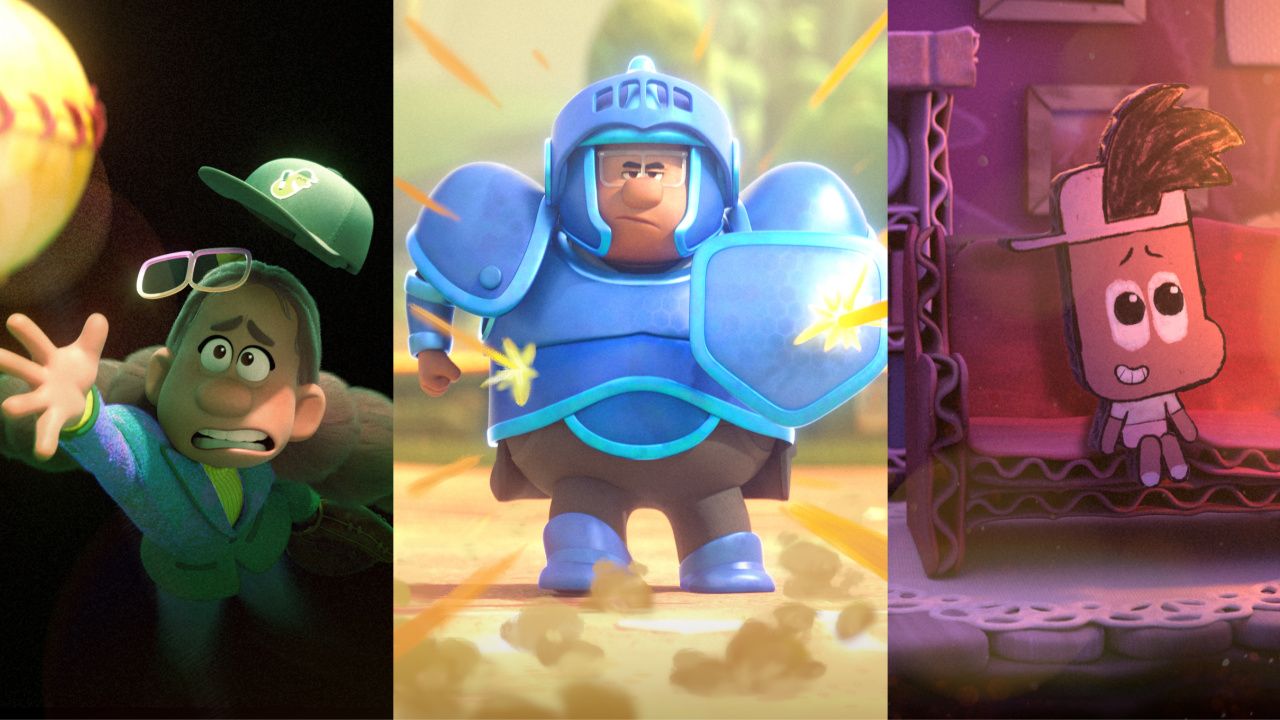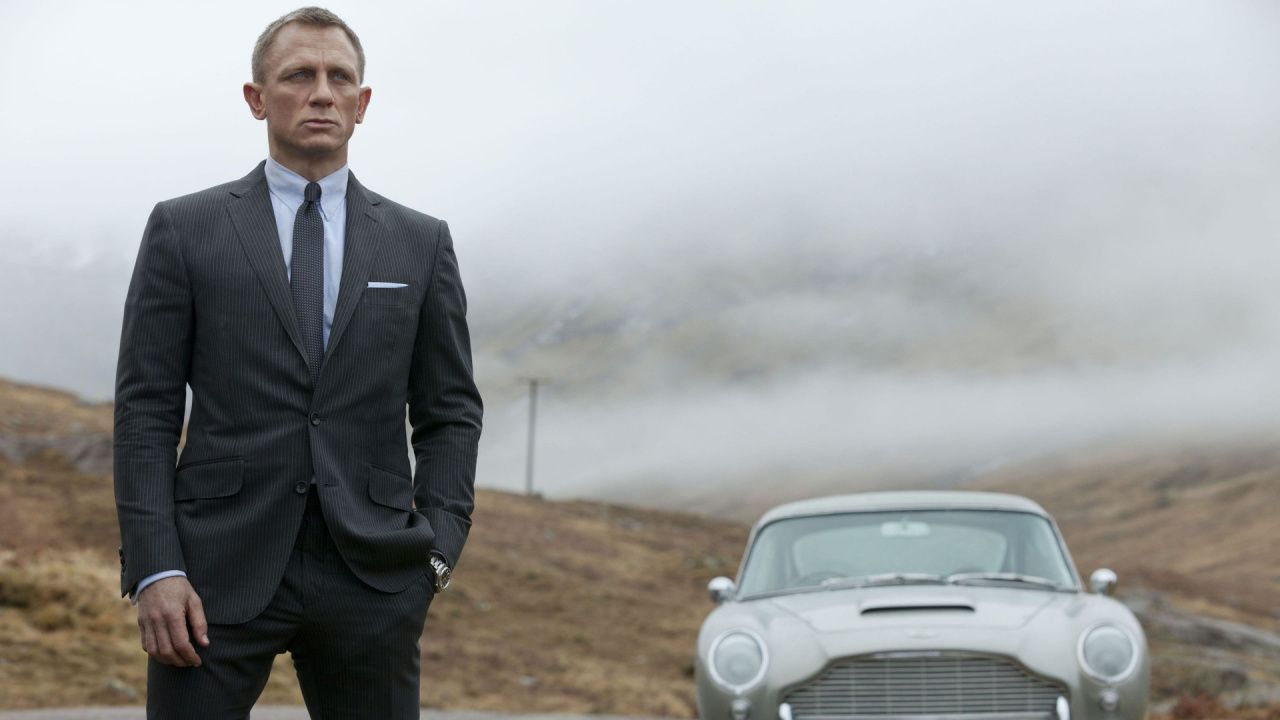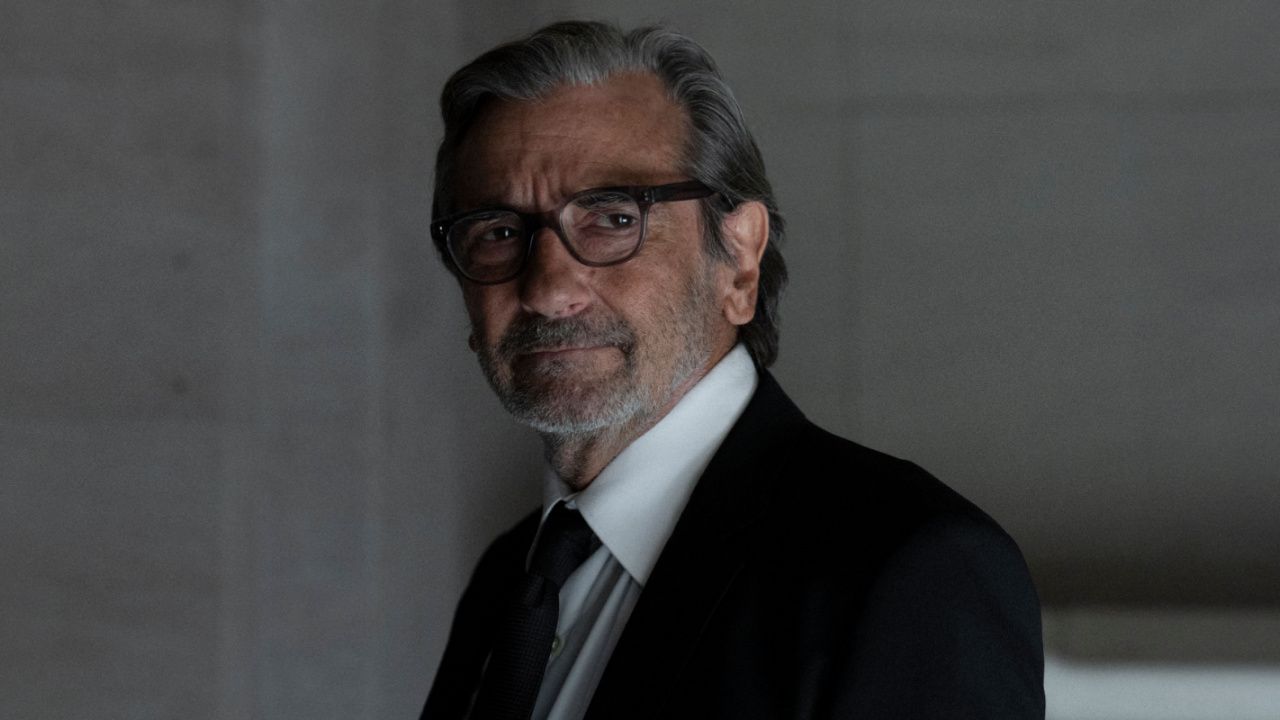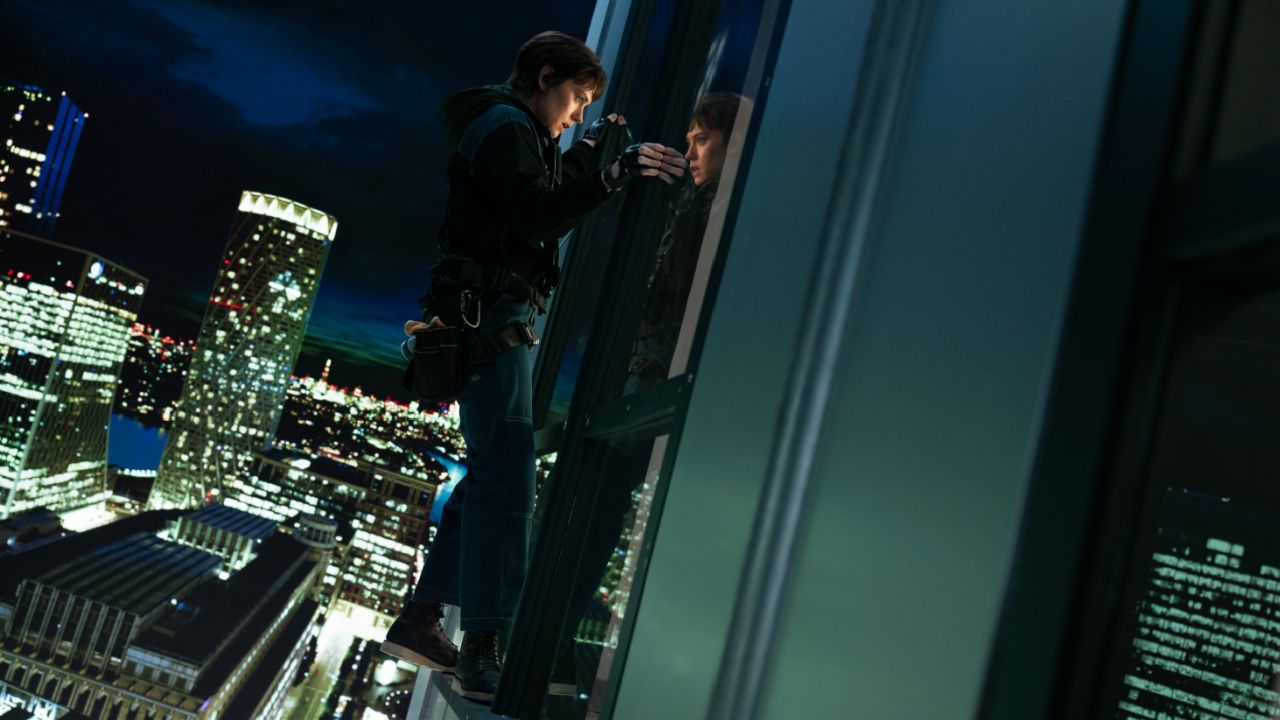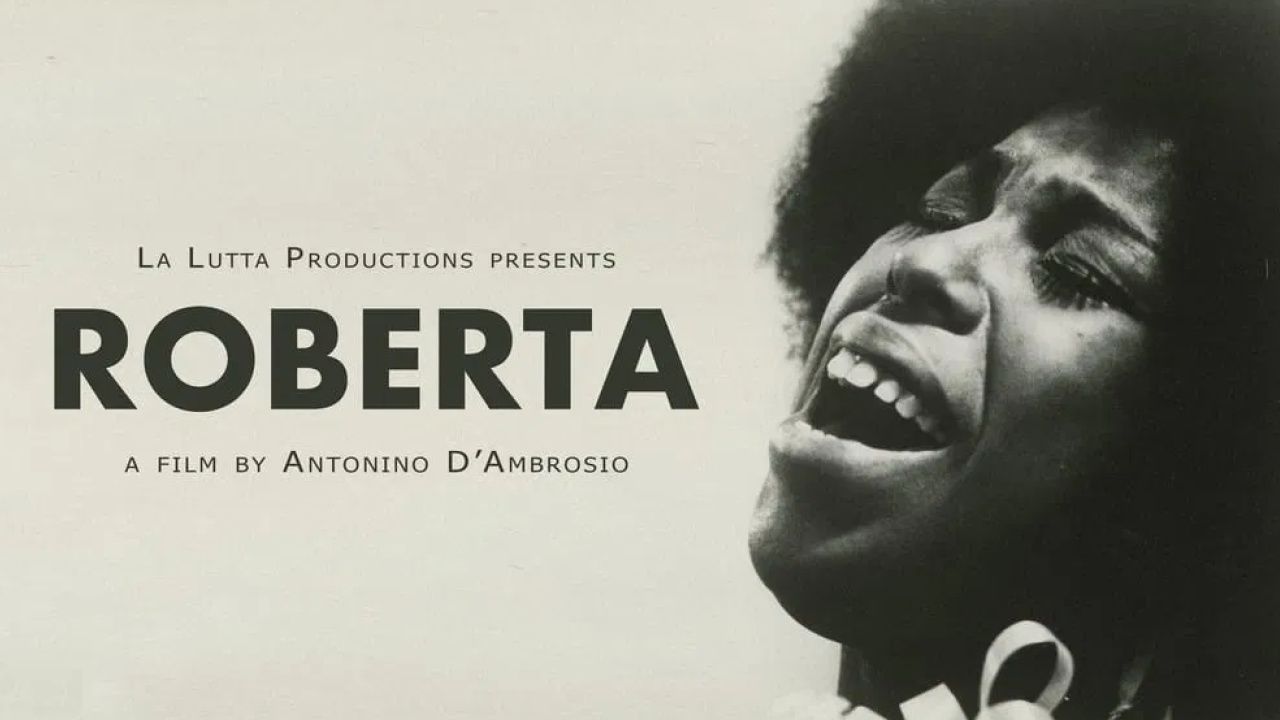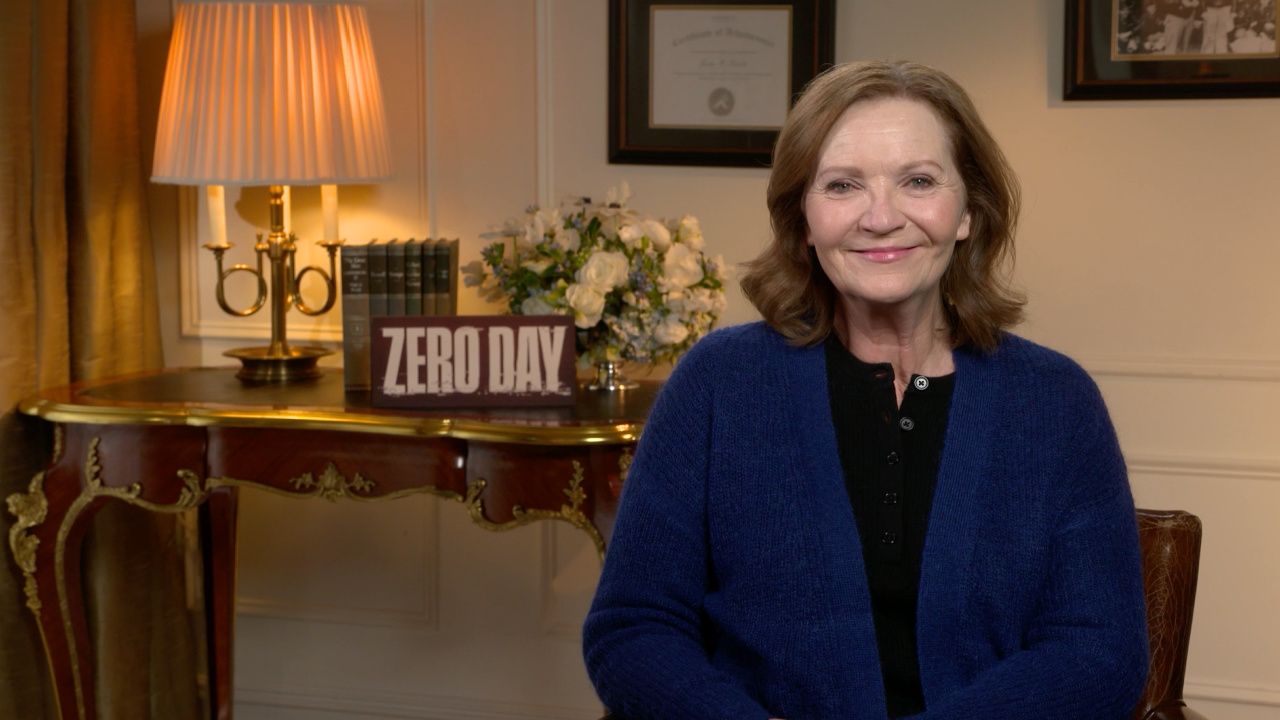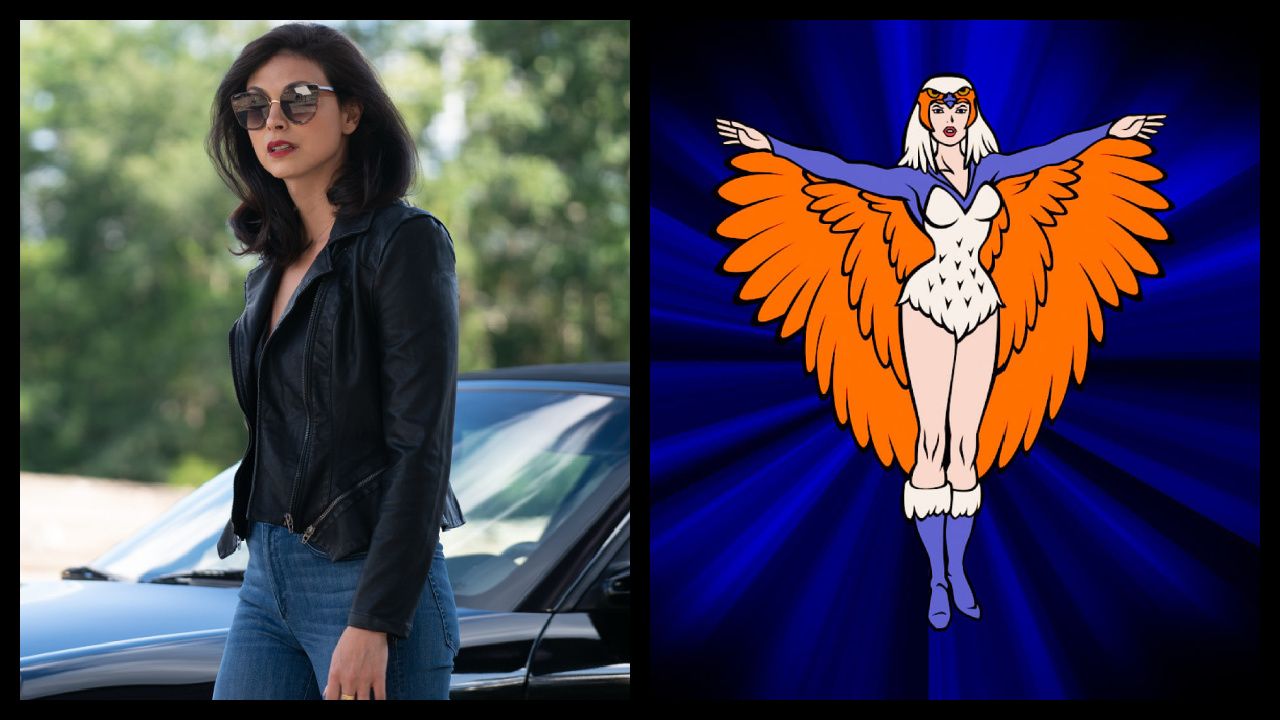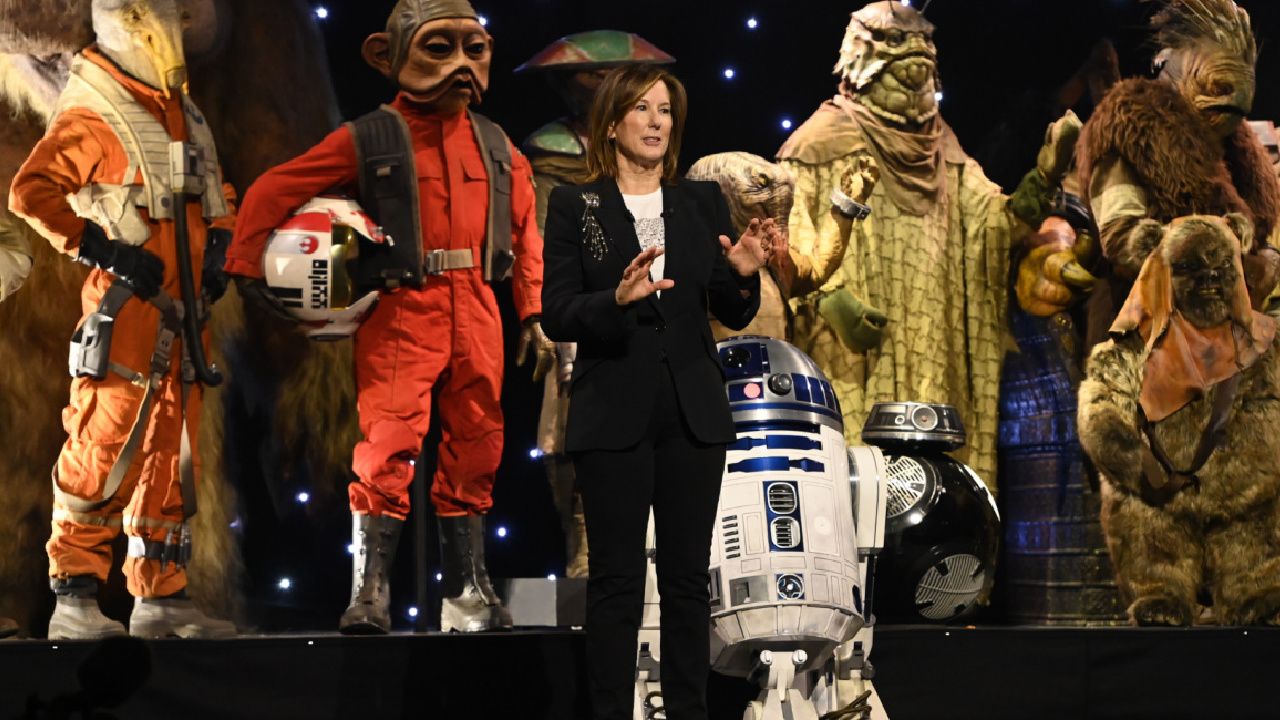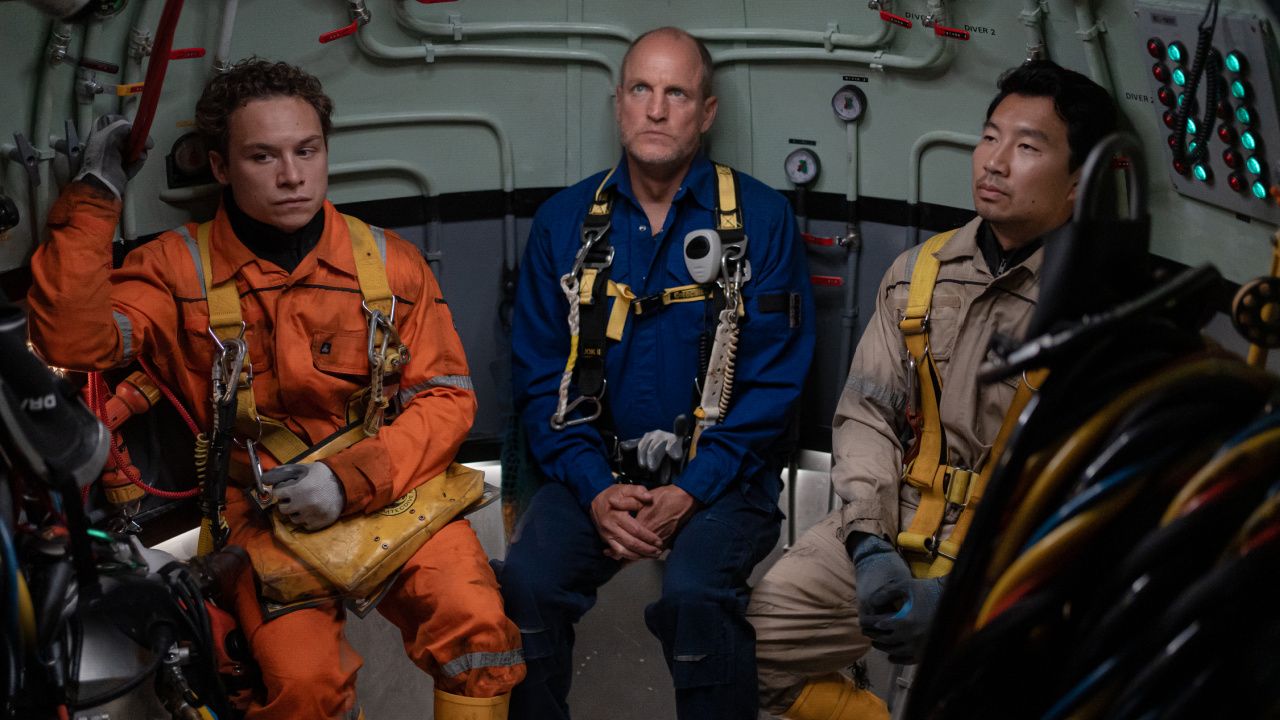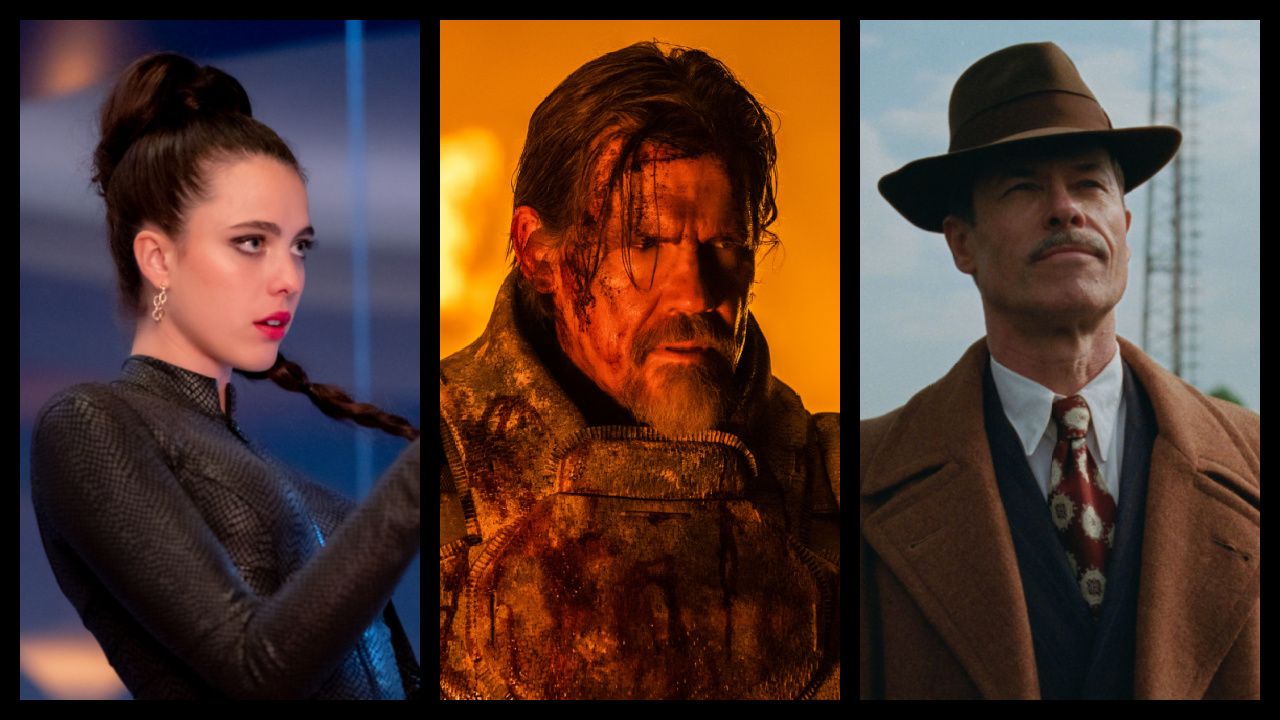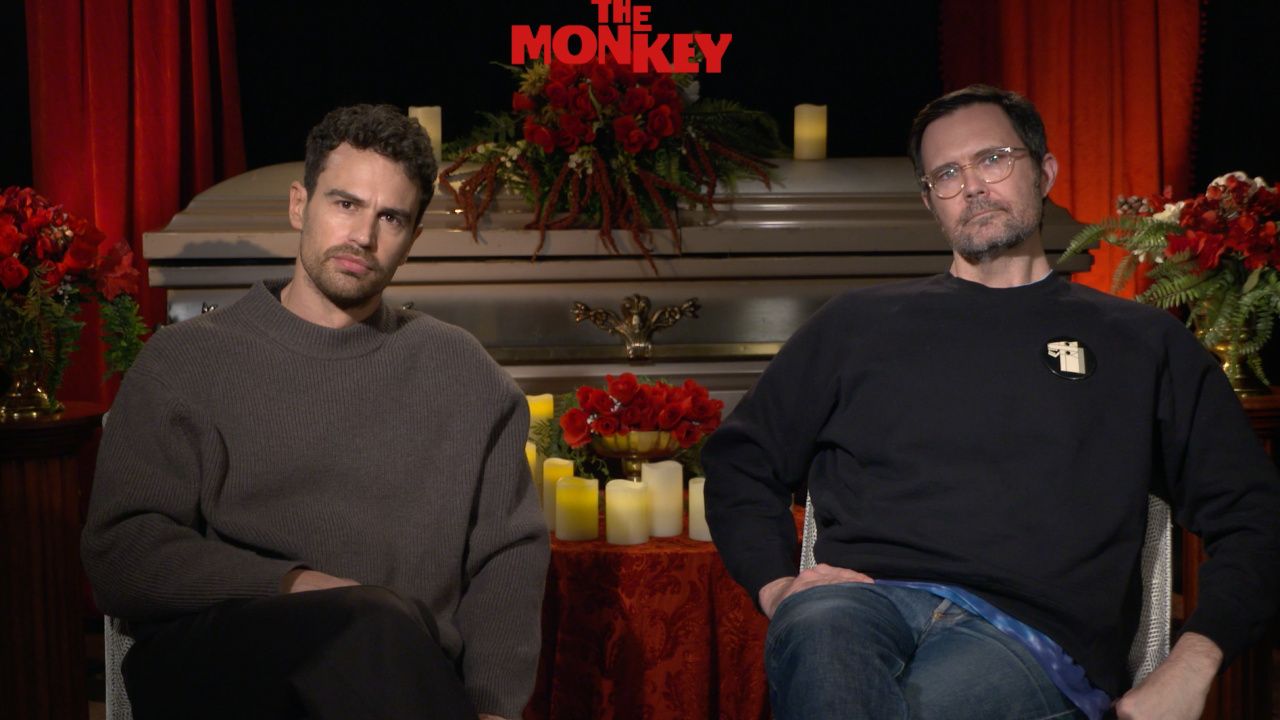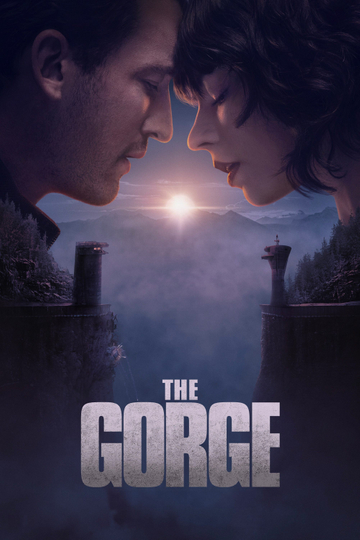Composer Alan Menken on Why the New 'Aladdin' Doesn't Include Any of the Broadway Songs
Even if he was never officially crowned a Disney Legend, you would still refer to composer and songwriter Alan Menken as one, just based on his genuinely jaw-dropping body of work for the company (including but not limited to “The Little Mermaid,” “Beauty and the Beast,” “Newsies,” “Pocahontas,” “Hercules,” “Enchanted,” “Tangled” and “The Hunchback of Notre Dame”). He even wrote the patriotic song from “Captain America: The First Avenger.” And this week he returns to one of his most beloved creations, “Aladdin,” for a live-action remake directed by Guy Ritchie.
Not only does he get to re-engage with the material (already adapted for Broadway and theme parks) but he gets to add a brand-new song, “Speechless,” sung by Naomi Scott in what is arguably the standout moment of the entire movie. (She’s terrific.)
I got to sit down with Menken at the recent press junket in Beverly Hills to talk about what it was like returning to Agrabah, his former writing partner Howard Ashman, the current state of Disney animated musicals, and what is going on with Rob Marshall’s live-action remake of “The Little Mermaid.” After this conversation, I’ve only got two wishes left.
Moviefone: Let’s start by talking about your involvement in the original animated film.
Alan Menken: It was our idea! Howard, when he went to Disney, was offered three possible projects -- one was a Tina Turner autobiography “I, Tina,” which became “What’s Love Got to Do With It.” Then there was “Thief of Baghdad.” And then there was “The Little Mermaid.” And he said, “I want to do ‘Little Mermaid.’” But I think “Thief of Baghdad” generated an idea of doing “Aladdin.” So we were working simultaneously on an early version of “Aladdin” at the same time as “The Little Mermaid.” Then it went into development to make room for “Beauty and the Beast.” There was a little bit of skittishness at Disney about the Arab sensibility. And when we came back to it, Howard was ill but we got through what we thought was the completed score. And then there was a day called Black Friday when Jeffrey Katzenberg saw the movie and said, “No, this isn't working. This has to be more of a romance as opposed to being a buddy picture.” It was like a Hope/Crosby road picture in terms of structure as well as tone. Now I kept that tone, but structurally, [Katzenberg] wanted romance. Howard was gone and Tim Rice came aboard and we finished it together.
Was this the version where Aladdin’s mother was still alive?
Yes, that was the earlier version. We had “Proud of Your Boy” and we had the three sidekicks Babkak, Omar and Kassim and we had “High Adventure.” “Babkak, Omar, Aladdin, Kassim" was a song. These are all in the Broadway show.
You’ve now seen this story go through so many forms, between the animated film, Broadway and now the live-action film. What is that like for you?
It’s a job. But at least it’s a new medium. The new medium allows for reinvention. If someone stepped up and said, “I want to do another animated movie of ‘Aladdin,’ we'll add some things it. I’d go “ugh.” The medium pushes the agenda a lot in live-action. And of course the director! Live-action is a director's medium. So in liv- action, if you have a Guy Richie… [makes a that’s-that gesture]
Did you push to include any of the songs from the Broadway show?
A little bit but that didn’t last long. Guy had no awareness of the Broadway show, number one. Number two, the sensibility of the Broadway show is very razzmatazz and very classic, almost Vaudevillian moments in it, which are appropriate for the form. Guy really wanted something that was much more contemporary in the treatment of the songs. Clearly he wanted the heat in the relationship between Aladdin and jasmine. He wanted Aladdin to have more swagger to him. And that old manifests itself in the re-arrangements of the songs.
Well it’s interesting because the Broadway version seems to have contributed the idea of the African American Genie.
Stop. The model for the genie was always Fats Waller. I was at first not thrilled about the genie being Robin Williams.
Really?
Does Robert Williams look like Fats Waller? [laughs]
But that has become part of the tradition now, right?
Well, yes. However, always it's a Fats Waller song. “Friend Like Me” is Cab Calloway, Fats Waller; it’s Harlem jazz. So switching to a black genie was really natural.
How do you feel about the current state of Disney musicals? You just contributed a song to “Ralph Breaks the Internet” …
Well, yeah, there’s a genre called “Menken Doing Menken,” which is they want to throw a Menken into something and I did. Which is fine. It’s flattering. It’s what I did for “Sausage Party.” I threw in a Menken. I’m not particularly a part of the new slate of Disney musicals. They just keep coming back to my old ones. I’d be lying if I didn’t say that I prefer a new musical over reinventing an old one but the success of these is so huge that you can’t argue with it.
Do you like what Lin-Manuel Miranda did with “Moana?”
Yeah, I do. I like it. But it’s not what I do. And what Bobby and Kristen Lopez did on “Frozen” was very good. It wasn’t what I do. They’re closer to it.
What do you do?
I use much more specific vocabulary and a much more varied palette. I create a world that’s so familiar I know what the vocabulary of it is. And I’m driven in that direction. Lin is brilliant. And Lin creates his own world. But every writer has a different way of navigating a musical. So my way is one way. Bobby, Lin, I’ve known of them since they were little boys. Lin went to school with my niece. Bobby, I wrote his recommendation for college. Ironically, this generation is practically my boys. So I have no upset about them doing Disney, I would just rather be doing something new. But I’d probably have to come to Disney with my own idea. But I don’t have the time to do that.
Joss Whedon once said the animated musical died with Howard.
Well, one part of it did. Listen … what I did with Stephen and what I did with Glenn … It’s an ever-evolving form. There’s no dying of it. But the Ashman/Menken collaboration died with Howard. I don’t think there’s anybody that’s Howard’s equally. The whole package. The breadth of his ability to embrace a musical and cultural style in a fresh way was wonderful and what we did together was unique. There’s a little bit of work left that the public hasn’t heard but not a lot. We did a musical based on the life of Babe Ruth and we dropped it because of legal issues. So we dropped it and did “Little Shop of Horrors.” But I have five songs from that Babe musical that are out of this world that I some day want to find a way to bring that back. I am playing with it. There’s such a limited amount of unheard Ashman material.
Well you’re clearly still involved in these remakes. How is “The Little Mermaid” going? How is “Hunchback of Notre Dame” going?
Well, “Hunchback” is at the very starting gate. I haven’t even seen a first draft of anything, script-wise. I have questions about it. What are we going to be able to put into a live-action version of “Hunchback” that will still go under the name Disney? That becomes a question that will be hard to answer without specifics. “The Little Mermaid,” we’ve had two meetings and Lin is very busy with his “In the Heights” movie. Rob Marshall is doing work on the movie right now, casting ideas and things like that. I’ve seen a treatment and think it’s going to be great. But we haven’t written anything together yet. I just have some musical ideas I’ve been playing with. It’s early stages.
“Aladdin” appears in theaters everywhere Friday.
